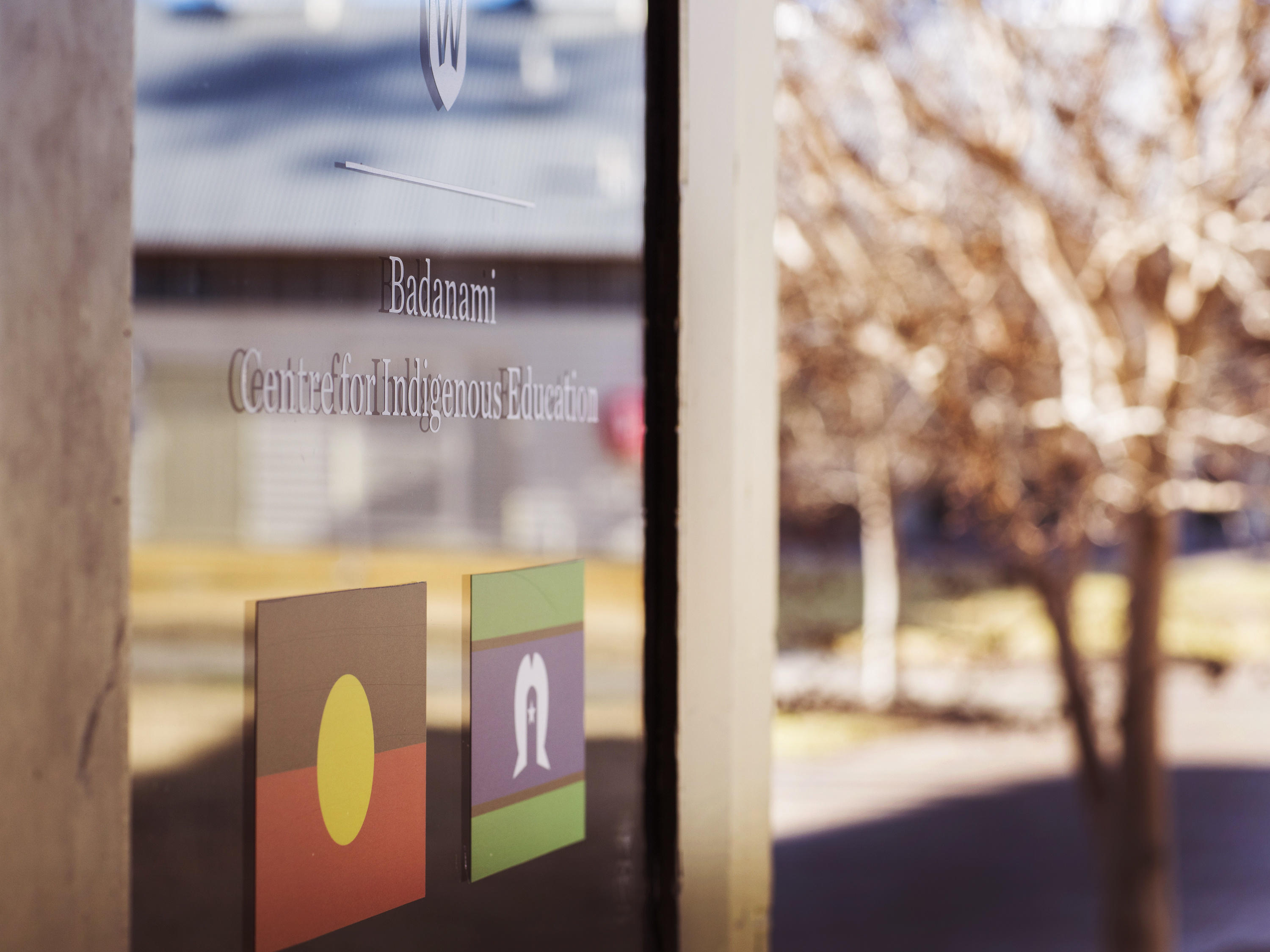You can search for courses, events, people, and anything else.
Dr Paul Saunders, a Biripi man, is a Western Sydney Aboriginal scholar who holds a Bachelor of Medicine, Bachelor of Surgery (MBBS), Master of Public Health (MPH), and is currently undertaking a Doctor of Philosophy (PhD) in Medical Education, all of which are through Western Sydney University.
The importance of education was instilled in Paul by his mother from an early age. A nurse, whose career led into both research and lecturing, Paul’s mother both inspired and encouraged his move into medicine after finishing high school. Paul had always been a diligent student, and it was serendipitous that the year he left high school was the year that Western was taking its first applications for the Medical School, due to open the following year. While Paul’s studies suffered a setback with the diagnosis of a serious eye condition shortly after commencing his degree, he recommenced the following year, and with the support of a Puggy Hunter Memorial Scholarship, graduated with a Bachelor of Medicine and Surgery in 2012.
Paul’s career and ambition has kept him busy since, working in roles in clinical medicine, medical devices, and Aboriginal Health Research before his propensity for research brought him back to Western Sydney University to complete a Master of Public Health, leading to the commencement of a PhD in Medicine in 2021.
Paul’s breadth of experience encompasses both clinical and social health research and he is especially invested in finding improvements of health outcomes for Indigenous Australians by improving the cultural competence of graduates as well as the delivery of services that better meet the needs of Indigenous communities.
One of the highlights of Paul’s career so far is helping to adapt a mainstream metabolic clinic within an Aboriginal Medical Service in Campbeltown – the first of its kind within an Aboriginal health service. The mainstream clinic formerly had a high attrition rate for Indigenous patients. After looking at the issues and adapting to a more culturally appropriate service, it’s proving to have greatly improved outcomes for the community.
In addition to his current role as a Research Fellow, scholarship support has been integral to Paul’s academic progression at Western Sydney University. As a Yarramundi Scholarship recipient, he appreciates the extra support that provides, without which, his PhD would likely not be possible.
“What data is showing us is that an alternative model of care that is convenient for the patient and led by an Aboriginal Health Worker has better outcomes for Indigenous patients. Without culturally appropriate tailored care, Aboriginal people will often give up and can end up experiencing poor health outcomes, whereas if they’re in an Aboriginal Medical Service they can bring their family and are more likely to continue treatment in that supportive environment.”
This cycle of giving has come full circle, Paul believes strongly in supporting younger generations and will often give back when he can to support the new incoming generation of students as well as volunteering his time as needed to mentor students and help out in the Badanami Centre for Indigenous Education on campus.
“Giving to students is probably one of the most important things a university can do to ensure success…We have a lot of Indigenous students with competing priorities. Be it financial hardships, family and community challenges, or even housing issues. We're holistic in many ways, caring for the students by providing food hampers, helping with housing when needed, and providing that cultural support.
We often talk about social determinants of health, and education is the most influential social determinant of health. The more educated you are, the better outcomes you are going to have, not just in health but in employment as well.”
To be Published February 2023




